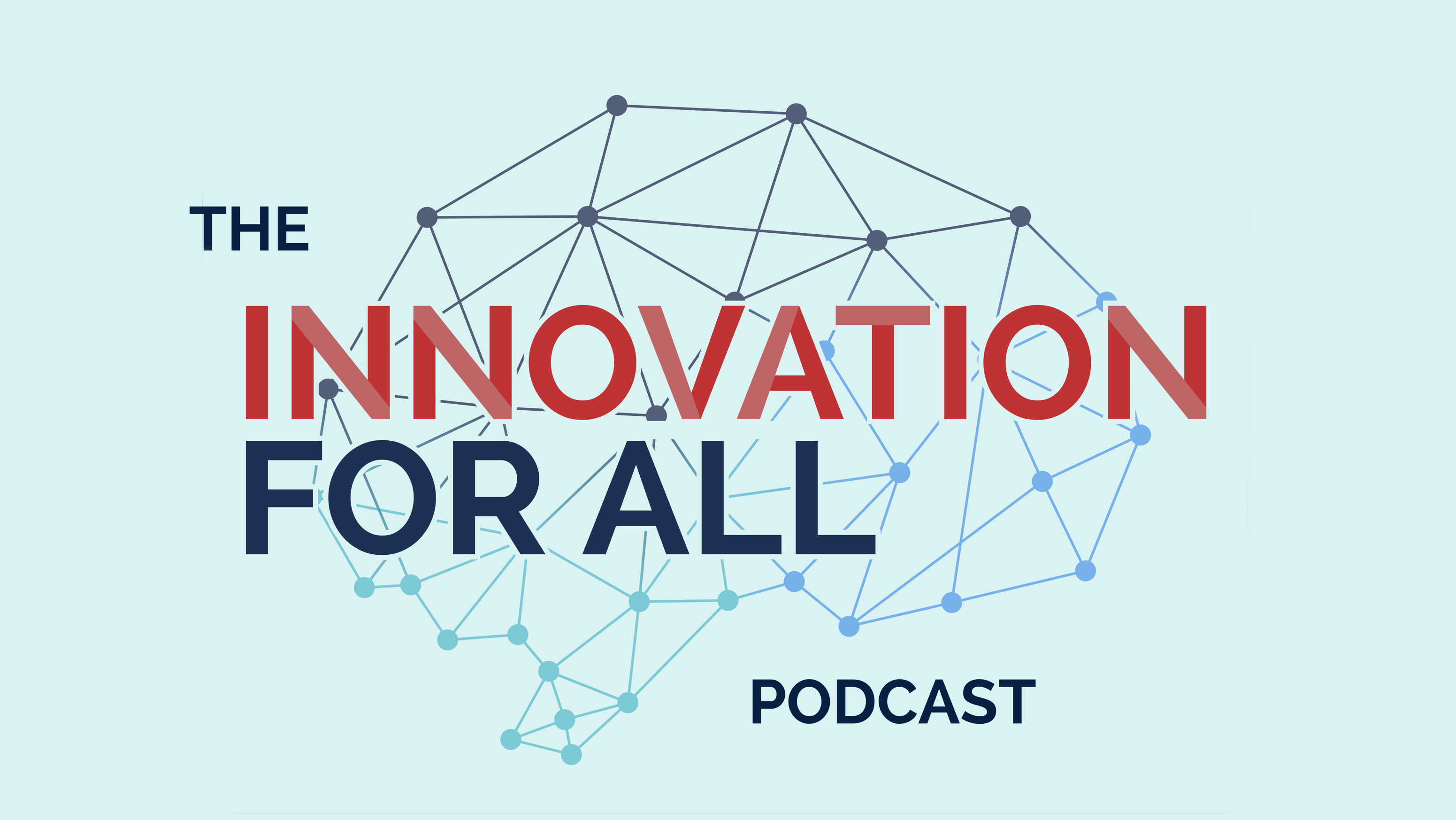
Overview:
In this episode, Darieth Chisolm, Emmy-award winning television personality, NBC News anchor and activist for cyber sexual crimes, discusses her personal experience with revenge porn, the obstacles faced by victims today, and the complexities of free speech as it relates to sharing nude photos online.
In this episode you will learn:
- About Darieth’s personal experience with revenge porn
- Her challenge of taking legal action outside of the U.S.
- The impact of the Digital Millennium Copyright Act (DMCA)
- Examples of first steps on how victims can take legal action
- Obstacles to taking down nude content that is published online
- A brief history of policies like the SHIELD Act and Enough Act
- How Freedom of Speech should not apply when it is enacted with the intent to do harm
- The pervasiveness of victim shaming and victim blaming
- The importance of parents having conversations about nude photos with their children
- Resources for victims of revenge porn (linked below)
- How Darieth is supporting victims today
Links and mentions:
- 50 Shades of Silence Documentary
- SHIELD Act
- Enough Act
- SpeakServeSoar.com membership
- Cyber Crimes Act of 2015 in Jamaica
- www.50shadesofsilence.com/
- DMCA.com
Connect with Darieth:


